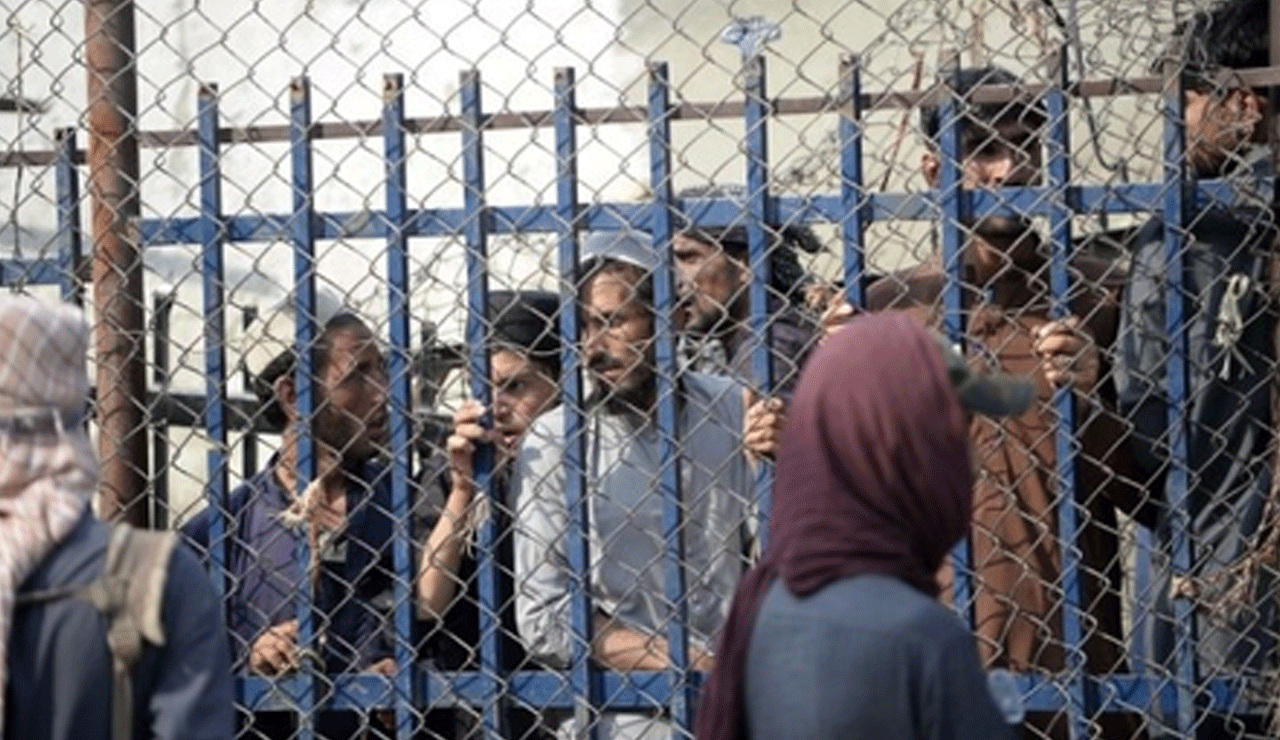Pakistan continues to forcibly deport thousands of Afghan refugees
Pakistan has ramped up the deportation of Afghan refugees following the expiration of the March 31 deadline, with over 944 Afghan families, totaling approximately 6,700 individuals, repatriated since April 1.

Islamabad: Pakistan has ramped up the deportation of Afghan refugees following the expiration of the March 31 deadline, with over 944 Afghan families, totaling approximately 6,700 individuals, repatriated since April 1. This latest wave of forced deportations has sparked significant concern as the government continues its crackdown on Afghan nationals residing in the country.
Table of Contents
Thousands Deported Across Pakistan
The most substantial deportations have occurred in the Punjab province, where 5,111 Afghan nationals, including 2,301 children and 1,120 women, were sent to transit camps or holding centres for repatriation. In addition, Karachi witnessed the deportation of over 300 Afghans, including 79 children, 37 women, and 191 men.
Police Crackdown on Afghan Nationals in Rawalpindi
A continuing police crackdown in Rawalpindi has resulted in the rounding up of 736 Afghan nationals, including 140 women and 164 children. These individuals were moved to the Afghan refugee camp near Golra Mor, with 179 of them being deported to Afghanistan.
According to officials, over 100,000 Afghan nationals are living in more than 150 “Afghan Colonies” across Punjab alone. Local authorities are conducting systematic deportations targeting these areas.
Deportation Causes Financial and Emotional Strain
Many of the deported individuals have expressed frustration over the “sudden implementation” of deportation orders. Refugees reported losing their businesses and personal belongings, with some claiming to have been arrested while working and deported without warning. One deportee, Gul Mohammad, shared his experience: “I ran a small hotel business, but the police detained me for four nights and deported me through Torkham.”
Also Read: Netanyahu and Trump to Meet at the White House for Key Discussions
Others have raised concerns about the lack of proper visa systems in Pakistan, noting that visa applications are often sold on the black market at unaffordable prices, adding to their hardships.
International Scrutiny on Pakistan’s Deportation Policy
Pakistan’s mass repatriation of Afghan refugees has drawn criticism from international organizations, including the UNHCR, which has expressed concern over the risks refugees face upon returning to Afghanistan, a country still plagued by instability and conflict. Despite these concerns, the Pakistani government has dismissed calls for a halt to the deportations, asserting that the process is necessary for national security.
As tensions continue to rise, the situation remains dire for many Afghan refugees caught in this forced repatriation, with little recourse to challenge their deportation or access protection from international bodies.
Pakistan’s recent actions have brought the issue of Afghan refugees back into the global spotlight. The forced deportation of thousands, the harsh treatment of refugees, and the risks associated with their return to Afghanistan continue to fuel debates on refugee rights and humanitarian responsibilities on an international scale.
